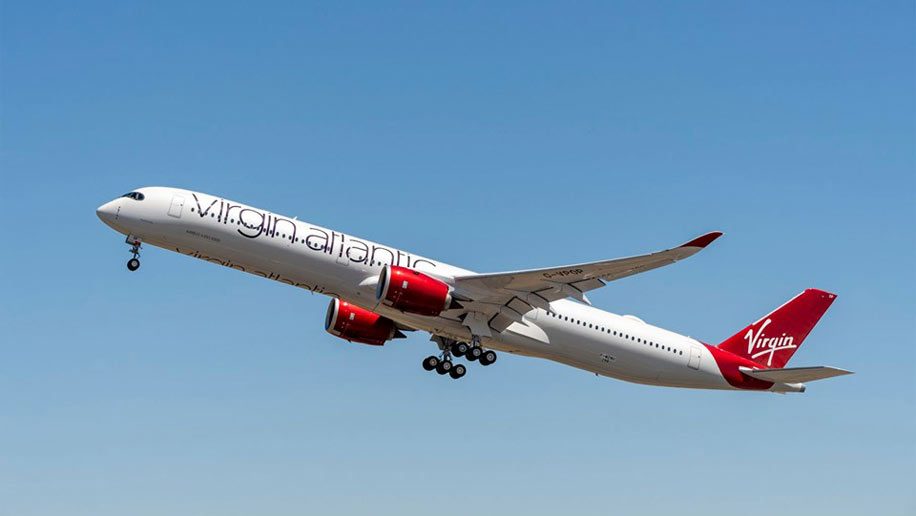
Virgin Atlantic has signed a Memorandum of Understanding with UK-based carbon management business Storegga, to purchase “the permanent and verifiable removal of carbon dioxide from the atmosphere”.
Storegga plans to build a Direct Air Capture (DAC) facility in northeast Scotland, with the aim of permanently removing one million tonnes of carbon dioxide from the atmosphere each year. It will be the first large-scale DAC facility of its kind in Europe, with a target of beginning operations in 2026.
The firm said that “For businesses that cannot capture or reduce all of their carbon emissions at source, Storegga will be supplying an equivalent DAC physical removal of CO2 emissions by capturing and permanently storing carbon dioxide directly from the atmosphere”. More information on the company’s plans can be seen at storegga.earth.
Juha Jarvinen, chief commercial officer at Virgin Atlantic said reducing the carrier’s carbon footprint “is our number one climate action priority and the removal of CO2 directly from the atmosphere has the potential to become a powerful tool in reaching our target of net zero carbon emissions by 2050”.
“We hope that early adoption of this technology and development of a facility here in the UK will demonstrate the commercial potential of DAC and inspire other businesses to be involved, continued Jarvinen.
“Virgin Atlantic’s commitment to the facility complements the range of innovative partnerships we have developed to further our sustainability goals including working with technology providers for Sustainable Aviation Fuels and zero-carbon flight.”
Meanwhile Nick Cooper, CEO of Storegga commented:
“The need for high quality, permanent, engineered offsetting is clear. To reach our net zero goals and prevent significant temperature rises, we need utilise all the tools available to us.
“Technical offsetting with DAC is urgently needed at scale to sit alongside nature-based offsetting. Last week’s IPCC report is an alarm call to all of us. The quicker we wake up to this, the better our chances of reaching net zero.”













